Russia has become the most sanctioned country in the West after conducting a special military operation in Ukraine since February 2022, surpassing Iran and North Korea. Despite the pressure, the Russian economy grew 4.7% in the first half of 2024.
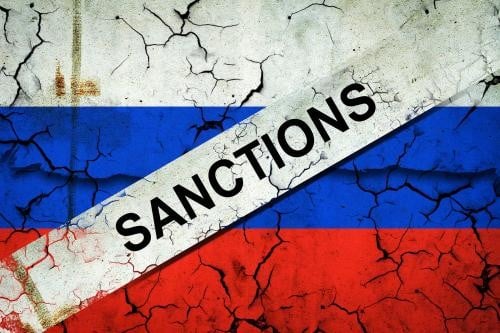 |
| Russia is ready for 'decades' of Western sanctions. (Source: National Law Review) |
On August 16, speaking at the conference titled "Sanctions against Russia - towards infinity?", Mr. Dmitry Birichevsky, head of the economic cooperation department of the Russian Foreign Ministry, said that economic sanctions imposed by the West on Russia will remain in effect for decades, even if there is a peaceful solution in Ukraine.
“This is a story for decades to come. Whatever the course and outcome of a peaceful settlement in Ukraine, in reality it is just a pretext,” said Mr. Birichevsky.
The conference is part of a broader debate in Russian politics and business about whether Moscow should push for sanctions to be eased or accept them as a permanent reality and learn to work around sanctions-related issues.
Russian President Vladimir Putin has said that lifting all sanctions imposed on Russia would be one of Moscow's conditions for achieving peace.
The sanctions have had some benefits, Mr. Birichevsky said, pushing Russia to restructure its economy and produce more value-added goods, which were previously imported from Western countries.
Regarding the long-term plan, right after the inauguration ceremony of the new term (May 7), Russian President Vladimir Putin signed a decree on Russia's national development goals until 2030 and vision to 2036. In particular, the top economic goal set by President Putin is to ensure an economic growth rate above the world average and reach the fourth position in the world in terms of gross domestic product (GDP), in terms of purchasing power parity (PPP) by 2030.
To achieve that goal, Mr. Putin wants to transform the Russian economy into a supply-side economy. According to Vedomosti newspaper, the transformation to a supply-side economy was also first announced by President Putin at the Saint Petersburg International Economic Forum in June 2023.
The key points for moving to a supply-side economy include increasing the volume of goods production, reducing the import share of goods and services to 17%, increasing household income and maintaining workers' wages not lower than the inflation rate.
According to Moscow, the four main conditions for the formation of a supply-side economy are increasing labor productivity, increasing the level of investment in the economy by 20% by 2030 compared to the present, increasing the growth rate of non-resource and non-energy products by at least two-thirds compared to the current export volume, and improving international transport logistics corridors for Russian goods.
In addition, according to Dmitry Birichevsky, Moscow is consulting on strategies with other sanctioned countries such as Iran, North Korea and Venezuela, aiming to create an international "anti-sanctions" coalition.
Source: https://baoquocte.vn/nga-chuan-bi-cho-nhieu-thap-ky-chiu-lenh-trung-phat-cua-phuong-tay-thuc-day-lien-minh-chong-trung-phat-quoc-te-282888.html








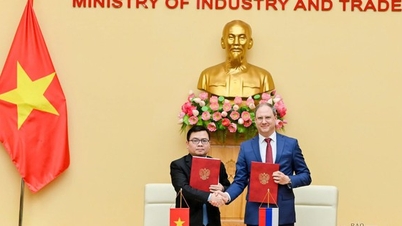

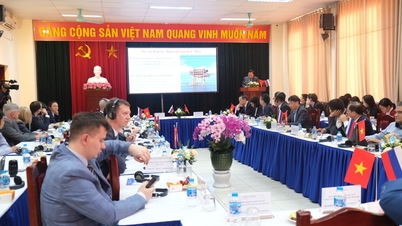

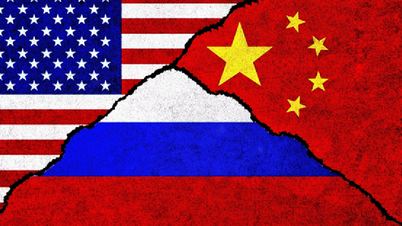

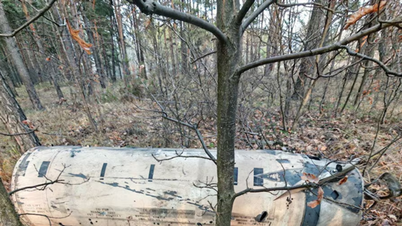



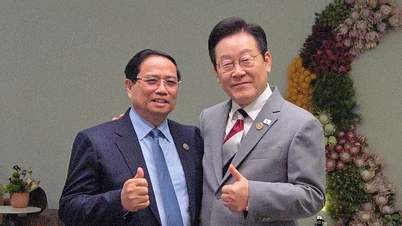

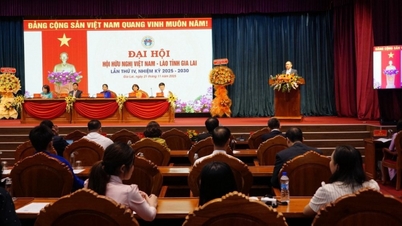

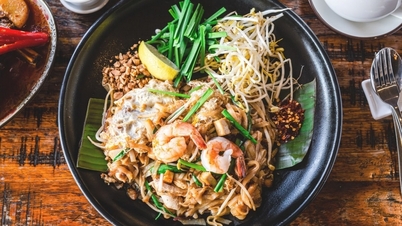
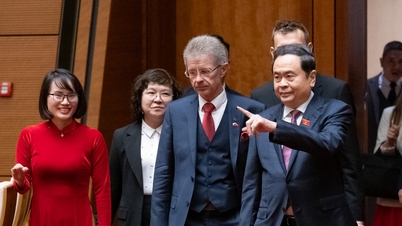
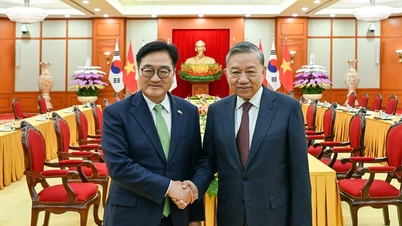
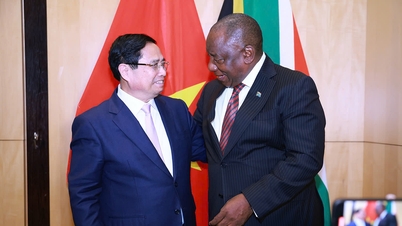




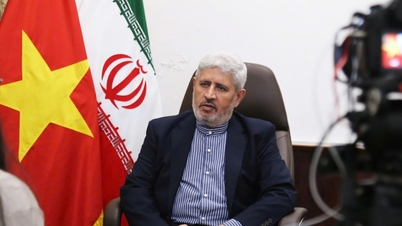
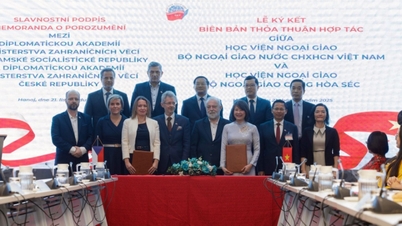
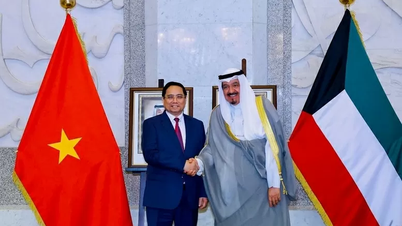
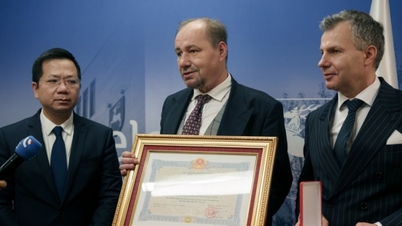
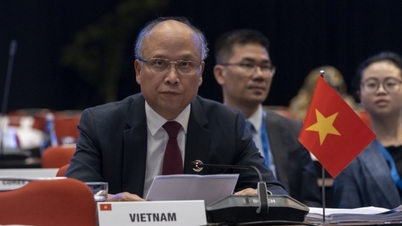
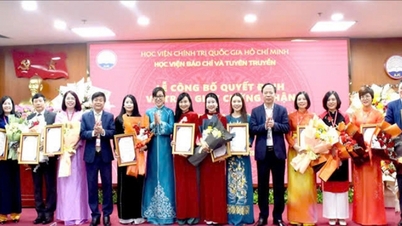
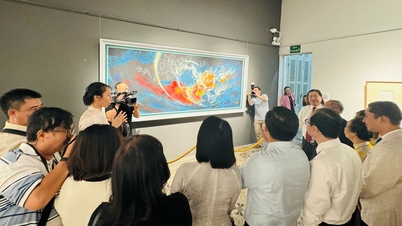



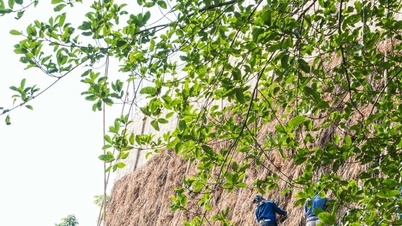


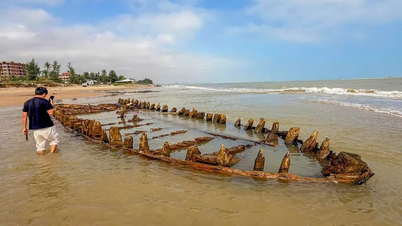

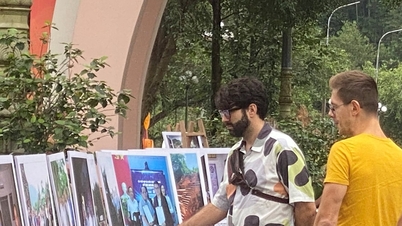

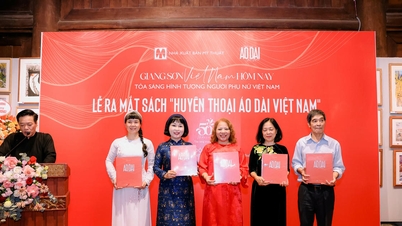
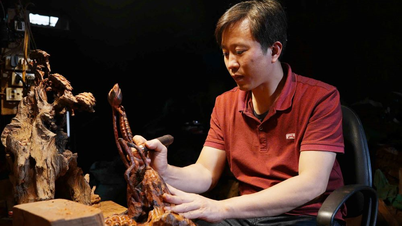
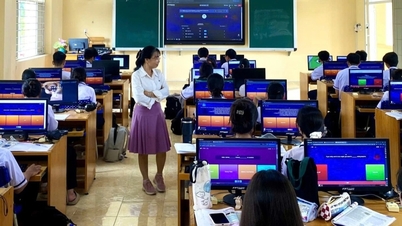

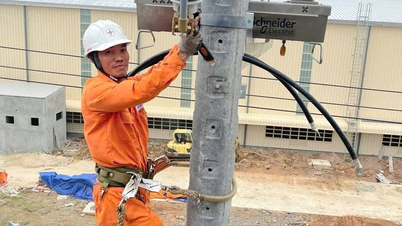
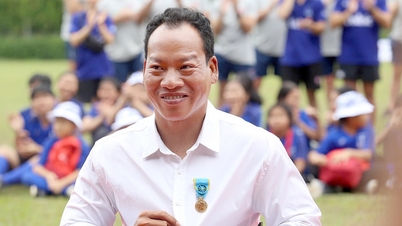

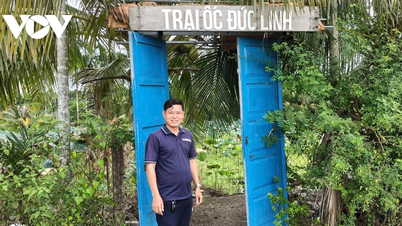















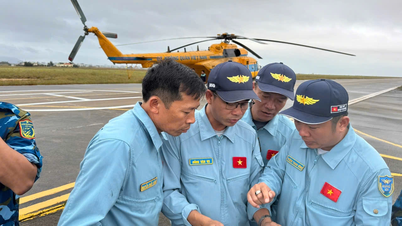
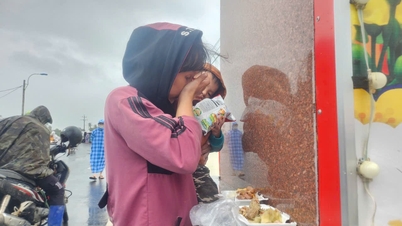

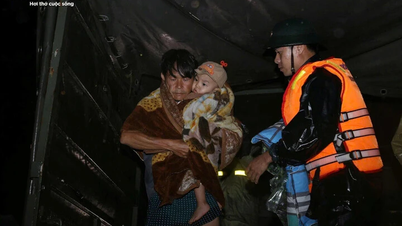

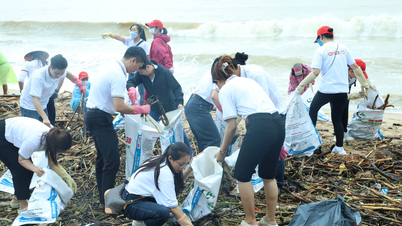
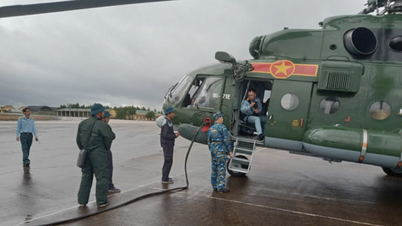
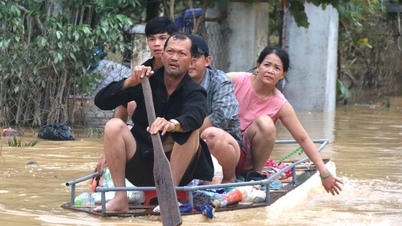
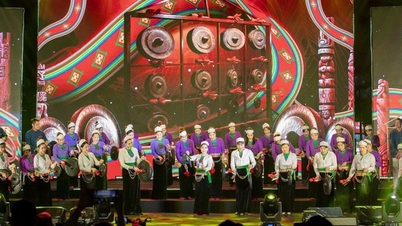

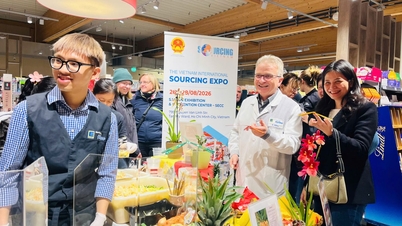


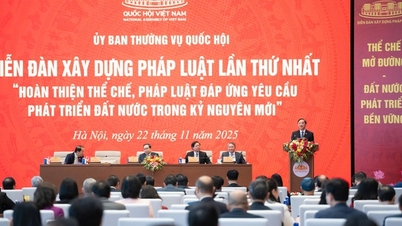

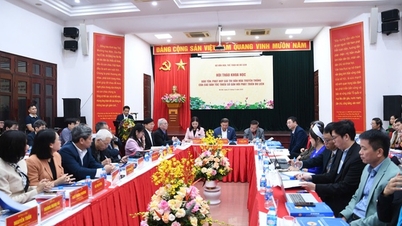

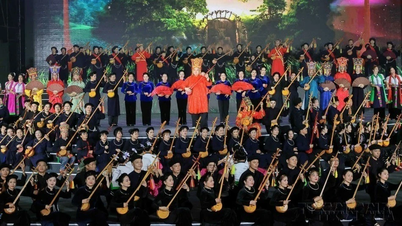

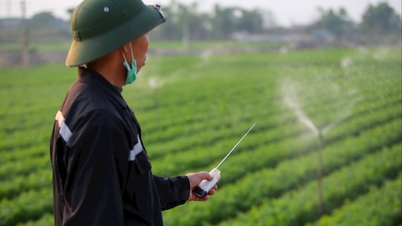

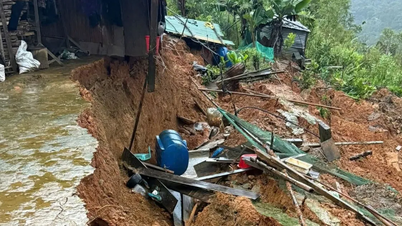


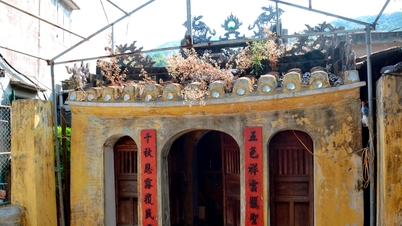















Comment (0)